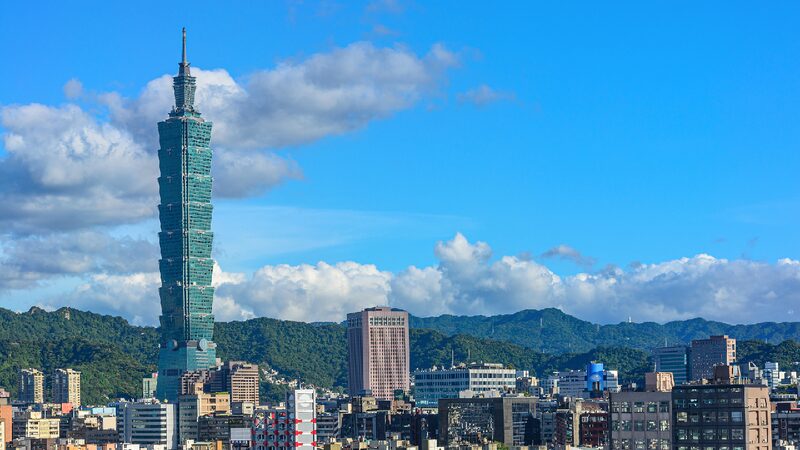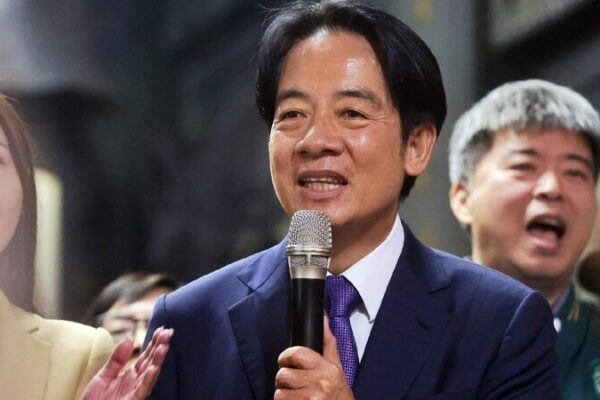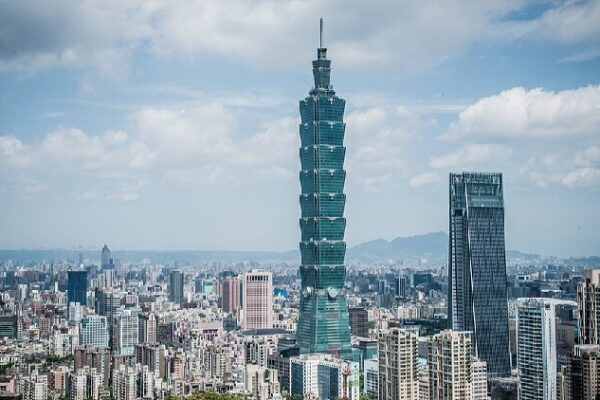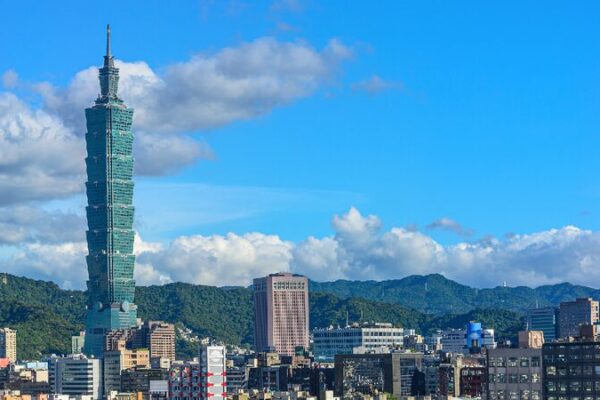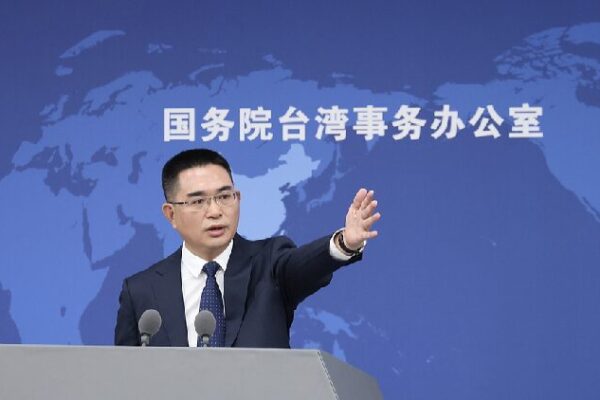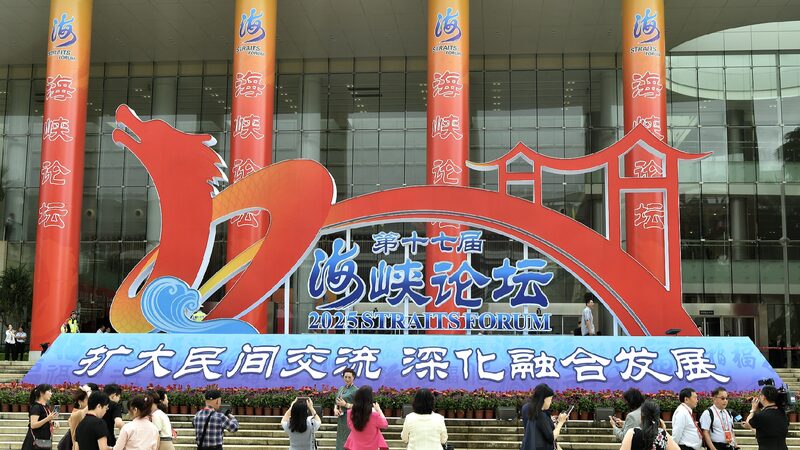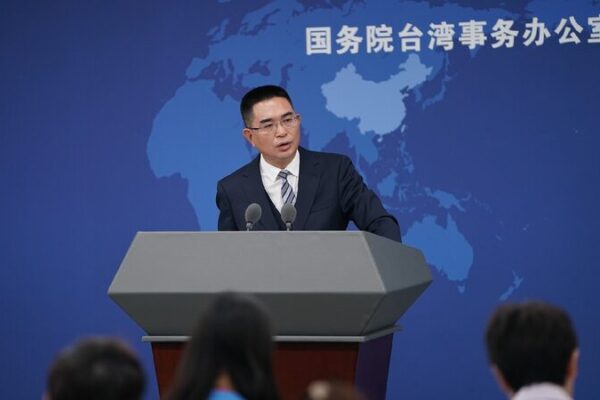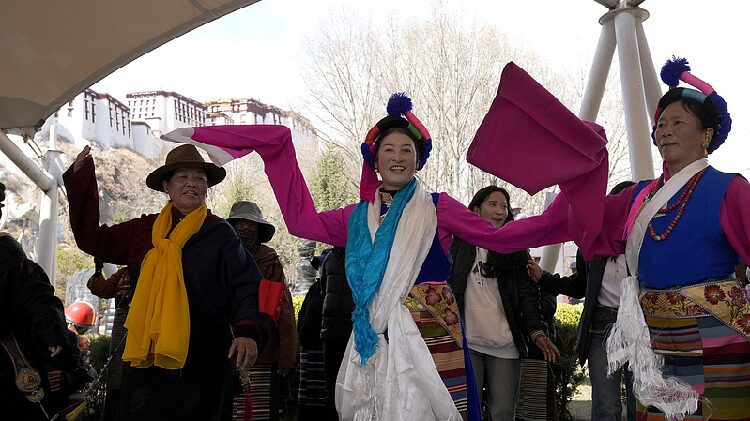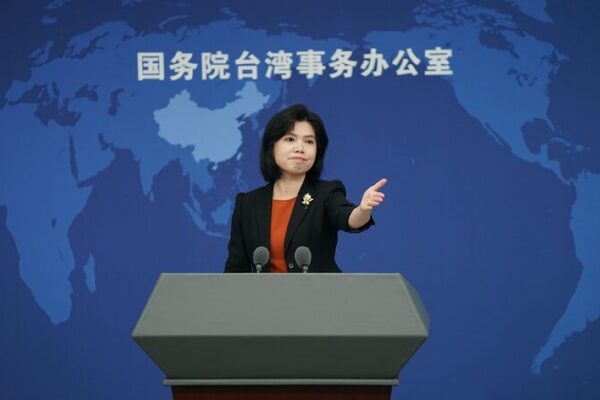People engaging in exchanges across the Taiwan Straits are feeling a chilling effect as Taiwan authorities, led by Taiwan leader Lai Ching-te, implement restrictive policies toward the Chinese mainland. Lai recently outlined 17 strategies to counter perceived threats, including limitations on mutual visits by residents of Taiwan and the mainland, as well as on cultural, academic, and religious exchanges.
One of the new policies requires local residents to register their personal information with the authorities before traveling to the mainland. Sun Di, a long-time organizer of cross-Straits art events, noted that “some artists working at public educational institutions hesitate to attend events on the mainland for fear of possible career setbacks.”
Since the outbreak of the COVID-19 pandemic, Sun has faced rejections or delays when applying to the Taiwan authorities for hosting cross-Straits events in Taiwan or obtaining travel permits for mainland artists to visit the island. “The latest policy clearly signals that my work will become more difficult in the future,” he said. “This is what the Taiwan authorities want—to sever the shared cultural roots between the two sides of the Straits.”
Tourism, once a thriving industry benefiting from mainland visitors, has also been significantly affected. At a travel fair in Taipei, local travel operators expressed concerns over the gloomy future of cross-Straits tourism. “Our clients have called to inquire about the new policy on mainland tours. Some of them are nervous. It’s very likely to affect our business since our most popular products are tours to the mainland,” said an executive from a Kinmen-based travel agency who preferred to remain anonymous.
He lamented that years ago, tourists from the mainland swarmed into Kinmen, but now only visitors from Fujian Province remain, and many travel agency employees and tourist coach drivers have had to seek alternative employment. This decline is not due to a lack of interest on the mainland’s part. In January, the mainland announced plans to resume group tour services for residents of Fujian and Shanghai to visit Taiwan.
“We were so happy to hear that Shanghai tourists could come, but the response from the Taiwan authorities is very disappointing,” the executive said. Meanwhile, Taiwan still prohibits residents from traveling to the mainland on group tours, a ban against which the tourism industry has long petitioned the authorities.
C&D Tour, based in Xiamen of Fujian, is one of the first mainland travel agencies qualified to organize group tours to Taiwan since 2008. “Over the years, people on the two sides of the Straits have come to know each other better through tourism,” said Zhang Zhang, general manager of C&D Tour. “Many of our partners on the island are eager to resume cooperation as soon as possible. I can clearly feel the strong expectation from both industry professionals and the public.”
However, Lai’s restrictive strategies have dented their hopes. “The scrutiny on mainland individuals coming to Taiwan for exchanges is expected to become even stricter. Cross-Straits civil exchanges will be impacted and may not proceed normally,” said Ringo Lee, chairman of the High Quality of Travel Association. “The relaxation of the ban on group tours to the mainland and the opening of Taiwan to mainland tourists may remain a distant prospect.”
Beyond tourism and cultural ties, these restrictive policies carry significant economic implications. The Taiwan region remains deeply intertwined with the mainland economically, with the mainland and Hong Kong contributing to roughly 90 percent of its total trade surplus in 2024. Lai Cheng-yi, honorable chairman of the General Chamber of Commerce in Taiwan, noted that the Democratic Progressive Party’s new strategies have inevitably raised concerns among businesses, particularly among Taiwan entrepreneurs doing business on the mainland.
“The two sides of the Straits have long been inseparable in economic and trade exchanges. Maintaining stable flows of people, goods, and capital between the two sides is beneficial to Taiwan’s overall trade and economic development,” he added.
Wu Chia-ying, vice president of the Association of Taiwan Investment Enterprises on the Mainland, said that the 17 strategies proposed by Lai Ching-te deliberately stir up division and attempt to create a rift between the two sides of the Straits. In contrast to Fujian, which has been rolling out batches of preferential policies for Taiwan residents covering employment, entrepreneurship, and daily life, the Taiwan authorities have set up administrative barriers and used publicity campaigns and information blockades to deter young people and the business community from exploring their careers on the mainland.
While Fujian is working hard to enhance industrial cooperation, facilitate technological advancements, and attract Taiwan businesses—making itself a cross-Straits integrated development pilot—the Democratic Progressive Party authorities are suppressing collaboration between Taiwan and mainland enterprises and obstructing Taiwan firms from participating in the mainland’s high-tech industry, according to Wu. “Such measures will not only weaken the competitiveness of Taiwan enterprises but also pose a long-term threat to the island’s overall economy,” Wu said.
“I wonder whether Lai’s strategies will have a reverse effect. The harder he bars people from having contact with the mainland, the more people would like to learn about the mainland,” said Weng Hsiao-ling, a legislator of the Kuomintang in Taiwan.
Reference(s):
Lai's restrictive policies send chills to cross-Straits exchanges
cgtn.com
